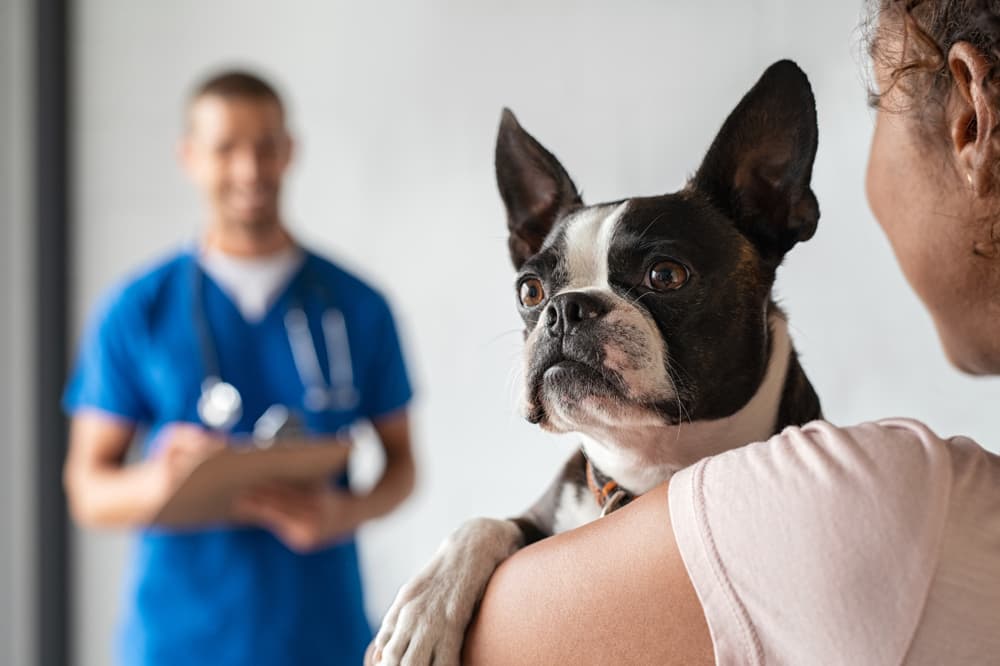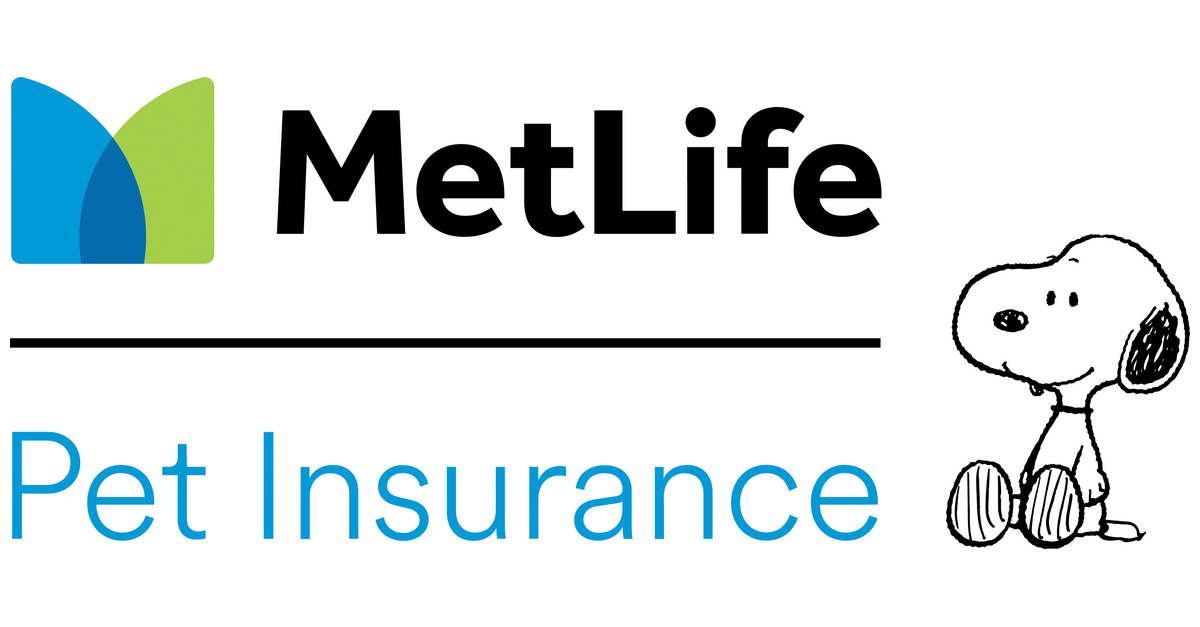Gastroenteritis in Dogs

Overview
- Gastroenteritis is a disease affecting the upper to mid-intestinal tract in dogs.
- Gastroenteritis in dogs can present as acute or chronic.
- It is characterized by bloody or watery diarrhea.
- There are many causes of gastroenteritis ranging from food allergies to viral infections.
- Treatment of gastroenteritis in dogs will depend on the cause.
Diarrhea in dogs is not uncommon. We’ve all experienced situations where our pets develop softer than normal stool. But if this is happening to your dog for extended periods of time, or if the diarrhea is sudden and severe, gastroenteritis may be to blame.
Providing your veterinarian with a detailed history, as well as insight into what your dog’s stool looks like, may help to make a gastroenteritis diagnosis in your dog.
What Is Gastroenteritis?
Gastroenteritis is a broad term that is used to describe a disease affecting the upper to mid-intestinal tract in dogs. It may manifest with symptoms that are mild or severe. These signs could include mildly soft stool, vomiting, watery diarrhea, or even bloody diarrhea.
If you notice your dog has softer than normal stool for extended periods, record this information and bring it to your veterinarian. Changes in color, consistency, and development of mucous are also important details to note and mention to your vet.
Types of Gastroenteritis in Dogs
Gastroenteritis in dogs can present as acute or chronic.
Acute gastroenteritis develops suddenly. If symptoms of acute gastroenteritis worsen, veterinary intervention is often necessary.
Chronic gastroenteritis in dogs occurs over the course of weeks or months and is often the result of a chronic disease or allergies.
Gastroenteritis in Dogs Symptoms

Dogs with gastroenteritis usually have soft stool or watery diarrhea. Diarrhea may also appear bloody or contain mucous and be explosive in nature. Dogs with gastroenteritis may also vomit, which could appear yellow (bile) or foamy.
Other symptoms of gastroenteritis in dogs include:
- Vomiting, especially after eating
- A tender abdomen, uncomfortable to the touch
- Lethargy
- Fever
- Dark, tarry stool
- Frank, bloody stool
- Decreased or lack of appetite
- Weight loss (if the condition is chronic), despite normal appetite
Acute Hemorrhagic Diarrhea Syndrome (AHDS)
Acute hemorrhagic diarrhea syndrome—previously called hemorrhagic gastroenteritis (HGE)—manifests as very bloody and watery diarrhea, and is especially concerning for pet parents.
Pet owners will notice red blood in the dog’s stool. If a dog has AHDS, he may become profoundly dehydrated, very weak, or even anemic.
This disease requires immediate care by a veterinarian as dogs can decline very quickly once the clinical signs begin.
How Do Dogs Develop Gastroenteritis?

Dogs may develop gastroenteritis from a variety of causes that range from bacterial overgrowth to viruses and parasites. Here are some of the common causes of gastroenteritis in dogs:
Bacterial Overgrowth
The small intestinal tract houses a plethora of bacterial species that are sensitive to change. In some dogs, the use of medications, changes in the environment (such as stress), or food changes (such as getting into something they shouldn’t) can cause the overgrowth of one bacterial species over another, leading to gastroenteritis.
This may be diagnosed as Small Intestinal Bacterial Overgrowth (SIBO) in dogs or antibiotic-responsive diarrhea.
Viruses
Certain dangerous viruses can cause gastroenteritis in dogs, including parvovirus. This disease is characterized by watery diarrhea, and in young or very small dogs, it can lead to severe dehydration and even death. The virus also attacks the body’s white blood cells, meaning infected dogs also may not be able to fight off infection.
Routine vaccination against parvovirus has led to a decreased incidence of the disease, but it is still seen as a cause of gastroenteritis in veterinary practices.
Parasitic Infections
There are several different types of parasites—such as intestinal worms and giardia—that can cause gastroenteritis and diarrhea in dogs. Routine fecal testing and preventive deworming help prevent these infections.
Food Allergies
Similar to developing a rash on the skin, a dog’s intestinal tract can have an allergic reaction to certain foods, causing gastroenteritis. Finding the exact cause or the exact substance that is creating the adverse reaction may be difficult, but protein sources are thought to be the biggest culprit.
Knowing the history of your pet’s diarrhea, consistency, and if any food changes happened at the onset of symptoms, provides your veterinarian important information to aid in a diagnosis.
Endocrine Diseases
Endocrine disease, such as Addison’s disease, may also cause gastroenteritis in dogs. Addison’s disease is a disorder characterized by the loss of ability to produce cortisol—a hormone required to combat stress. Clinical signs can vary, but diarrhea is typically seen and may be severe.
Other possible causes of gastroenteritis in dogs include:
- Ingesting raw or spoiled food
- Ingesting non-food objects
- Gastrointestinal ulcers
- Gastrointestinal cancers
Diagnosing your Dog with Gastroenteritis
Depending on the nature of your pet’s diarrhea, and the history you provide, the diagnostics performed or recommended will vary. Often, bloodwork and a fecal flotation test are recommended.
If a dog is vomiting in addition to having diarrhea, X-rays of the abdomen may be suggested to rule out potential foreign objects that may be stuck in your pet’s gastrointestinal tract.
Other tests may include abdominal ultrasound, endoscopy or colonoscopy, and biopsies of the intestinal tract. More specific blood tests, such as a resting cortisol or even a gastrointestinal panel, which evaluates several essential vitamins (such as B12), may be recommended.
Treatment of Gastroenteritis in Dogs

Treatment of gastroenteritis in dogs will depend on the cause of your pet’s diarrhea.
Many veterinarians will attempt diet trials at the first signs of mild or more chronic gastroenteritis. Special gastrointestinal diets are easy to digest, therefore help the GI tract rest and help with inflammation.
In acute and severe diarrhea, certain antibiotics and anti-diarrheal medications will be considered.
For severe cases of gastroenteritis where dehydration or anemia may occur, admission to hospital for IV fluid therapy and close monitoring of symptoms may be considered.
Cost to Diagnose and Treat Gastroenteritis in Dogs
This section features an affiliate link, meaning GreatPetCare may earn a small commission if you click through and make a purchase.
The costs of procedures used to diagnose and treat gastroenteritis in dogs can vary from practice to practice and will range depending on the severity of your pet’s diarrhea and symptoms.
If your pet is being evaluated by a board-certified specialist or needs several diagnostic tests such as X-rays and ultrasounds, the cost will be higher than treating a mild form of gastroenteritis.
| Abdominal ultrasound | $300-$600 |
| Blood panel | $100-$300 |
| Colonoscopy | $500-$1,000 |
| Fecal test | $25-$45 |
| Food allergy testing | $200-$300 |
| Endoscopy | $1,000-$2,000 |
| Examination by a regular veterinarian | $45-$85 |
| Examination by a board-certified specialist | $85-$200 |
| GI panel blood testing | $300-$350 |
| Medications or antibiotics | $25-$200 |
| Resting cortisol blood test | $30-$50 |
| Surgery to remove a blockage | $800-$5,000 |
| X-rays | $150-$250 |
Determining the cause of a dog’s gastroenteritis can be tricky, time-consuming, and expensive. Many pet parents err on the side of caution by purchasing a pet health insurance policy such as MetLife Pet Insurance, which may help offset veterinary costs in the case of accidents and illnesses, including the necessary testing and diagnostics.

- Get up to 90% of your bill reimbursed.
- No breed exclusions or upper age limits.
- Coverage for accidents start immediately.
How to Prevent Gastroenteritis
Because there are so many potential causes of gastroenteritis, it is difficult to provide recommendations for preventing its development.
Not allowing your pet to routinely get into garbage, human scraps, or other foods and items they are not used to will assist in preventing certain types of gastroenteritis.
Vaccinating your pet against viruses—such as parvovirus—and keeping them on parasite and worm protection (which are commonly combined with monthly heartworm preventives) as recommended can also help prevent some of the causes of gastroenteritis.
However, some causes, such as food allergies, are unavoidable. Remember to track and monitor your dog’s stool and bathroom habits. This will help provide your veterinarian with important information that could help with a diagnosis if diarrhea and other symptoms occur.
Related Conditions
- Addison’s Disease
- Parvovirus
- Small Intestinal Bacterial Overgrowth (SIBO)
- Giardia in Dogs
- Whipworms in Dogs
- Hookworms in Dogs
